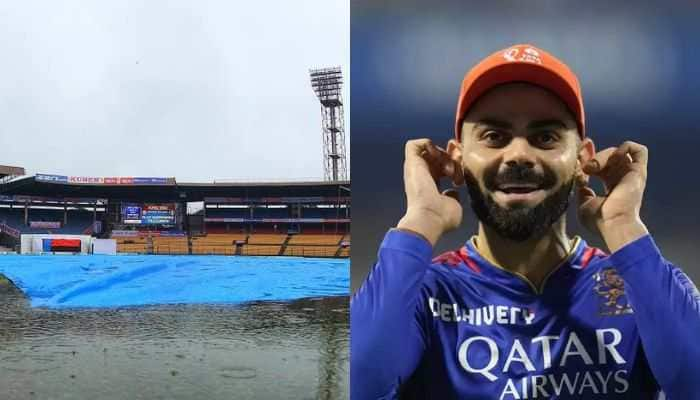Haryana wants minimum qualifications for MPs, MLAs
The Supreme Court, in its decision in December 2016, had upheld the Haryana Panchayati Raj Amendment Act, 2015, under which conditions were imposed on people wanting to contest panchayat elections in Haryana.
Trending Photos
)
Chandigarh: Having implemented matriculation as the minimum qualification for panchayat (village council) members, the Haryana government on Saturday said it has written to the Centre seeking that minimum qualifications be prescribed for Members of Parliament (MPs) and Members of Legislative Assembly (MLAs).
The letter from the Haryana government was written to the central government recently, a state government source said.
The Supreme Court, in its decision in December last year, had upheld the Haryana Panchayati Raj Amendment Act, 2015, under which conditions were imposed on people wanting to contest panchayat elections in Haryana.
The amendment, which was challenged in the court, provided for educational qualifications and other eligibility criteria, including a functional toilet at home.
Under the new law, contesting candidates were required to have a minimum qualification of matriculation (Class 10). Scheduled Caste and women candidates were required to have middle pass (class 8) qualification and women candidates from Scheduled Caste category will have to be at least class 5 pass.
The candidates were required to ensure that they did not have any criminal charges against them, had not defaulted on loans from cooperative banks and had paid their electricity bills.
Advertisement
Live Tv
Advertisement







)
)
)
)
)
)
)
)
)
)
